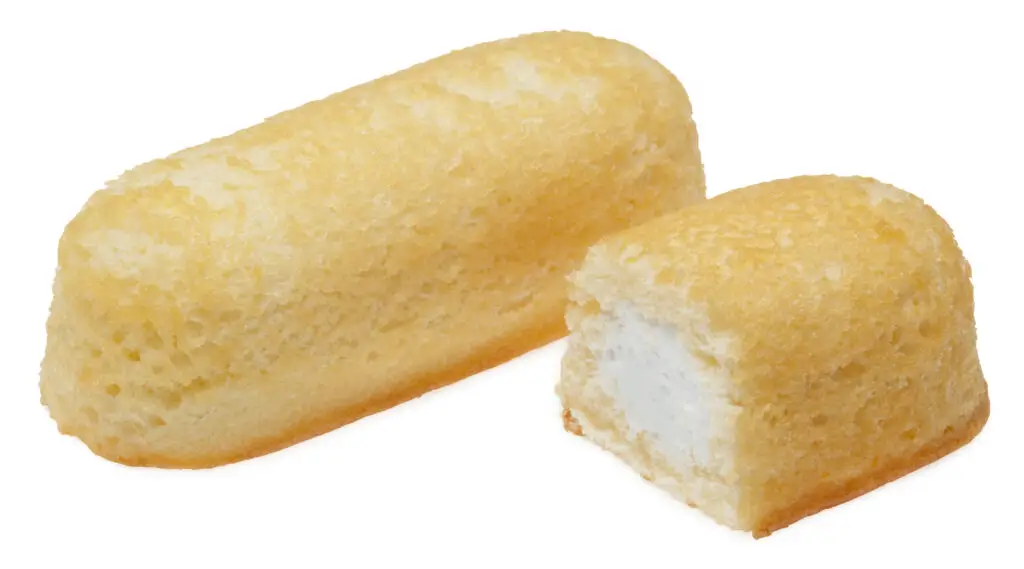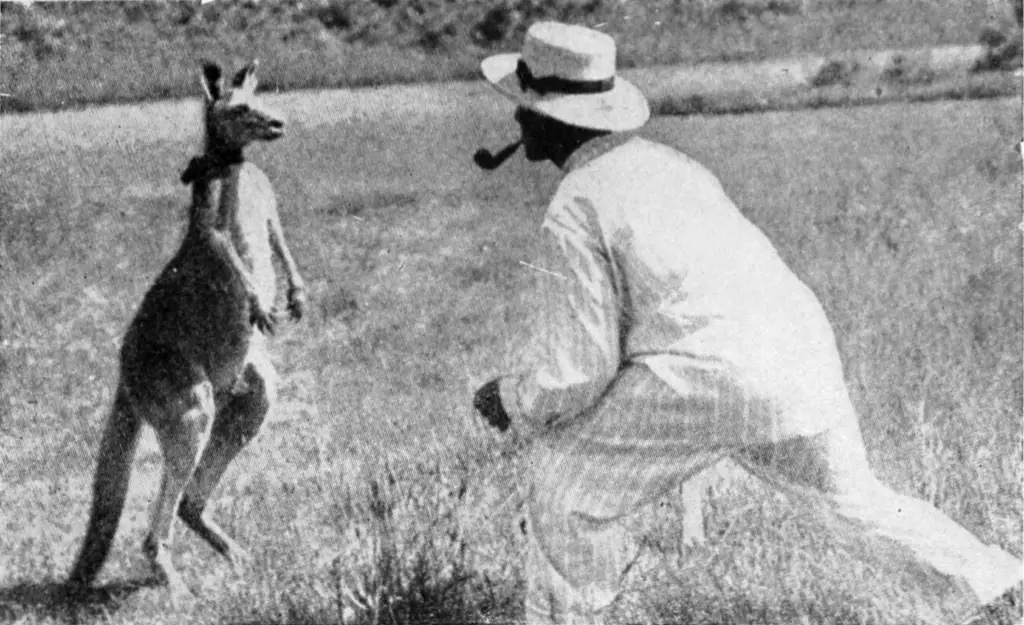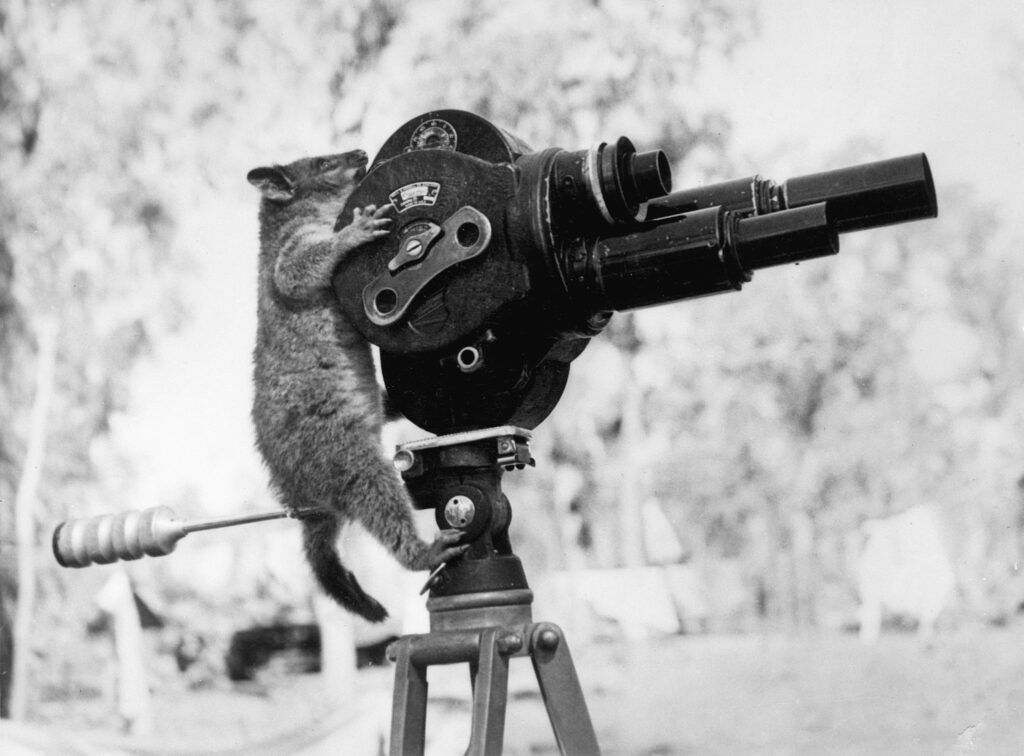Nothing much seems to come with turning 17, really. 16 usually brings driving, opportunity for a real part time job, and maybe a fancy birthday party. Turning 18 means you are an adult, you can vote, and are on your way to becoming independent. Being a 17 year old feels like being stuck in the middle, with not much going on, no special minimum age requirement you meet now, nothing new and exciting. You don’t feel like a young person anymore, but you’re not quite old enough to be an adult. 17 year olds of the world, I’ve been there, and I feel you.
While you might feel like you’re in a useless slump of a year, being 17 years old can still bring you a whole host of opportunities to grow yourself as a person and a member of the labor force. Whether you’re seeking your first part time job or looking to move up beyond just minimum wage, we’re here to help you build your resume, and your skills.
Welcome to our second installment of Getting Started, an in-depth playbook for building your reputation, skills, and network through high school, college, and beyond.
Getting The Ball Rolling

If you have no prior work experience, it can seem hard to apply for jobs, as many job openings and listings can seem intimidating and out of your reach. You want to start making that extra cash or gas money, but the prospect of your first real employment is scary, and you don’t know where to even start on your resume.
For an in-depth look at building your first resume, I highly recommend checking out the 16 year olds edition of Getting Started, which gives you great techniques for marketing your summer employment and other past “work” experience for a real teen job.
Finding your first part time or summer job at 17 is difficult, but your quest isn’t over as soon as you get hired. In this installment of Getting Started, we will be focusing on developing your professional skills and network, whether that be through your current job or finding a new employer.
For a more comprehensive overview of specific jobs and how to apply for them, check out the detailed list on the 18-year old installment of Getting Started, found here.
Exemplary Performance
Once you secure that first job, it may seem easy enough to fulfill your responsibilities, and collect your money on payday. Most of the occupations available to first-time workers take little thought or effort, though you may be wiped out after your first full day on the job (Side note: standing for 8 hours a day gets a whole lot easier after the first shift, so hang in there).
You can always take the easy route, going through the motions every hour until your shift ends, never putting in any more than is expected of you. Most young workers your age will choose to do that, and in many cases a lot less. This creates a huge opportunity for you, however, to stand out by going just a little bit beyond your job description and working hard.
Let’s face it- your employer hired you because you applied and someone else didn’t, not because you have any special skills or attributes. You’re likely working a minimum wage job that a monkey could do, and there are a million job openings just like it everywhere you look. But this is your chance to show that you are not just a monkey, that you are an extremely gifted and capable young person who is dedicated to doing a good job.
Let’s take a look at some ways that you can stand out from other young workers, build your professional skills, and work towards a promotion and some real good money.
How To Stand Out

Show Up On Time: This may seem like a no-brainer, but one of the most common issues with primarily teen jobs is punctuality. It can be difficult to balance your work and school hours, but be smart about managing your time, and make sure you are never late to work if you can avoid it (and if you are, tell your boss as far in advance as possible!). So many teen workers show up late constantly, so by being punctual and responsible about your scheduling you are already ahead of the game.
Be Friendly: Your job description probably requires that you are nice to customers, but don’t neglect your relationships with your coworkers and superiors. The typical teenager can be a little bit cynical, and that attitude is never helped by dozens of annoying customers every hour, but it is crucial that you are friendly and helpful to your coworkers and bosses. If you work in a grocery store, restaurant, or somewhere with a manager who often works alongside you, chances are they are as bored and frustrated as you, if not more. Don’t be afraid to crack some (respectful) jokes, strike up a conversation, or ask them a question. Managers love employees that they can bond with, and most young workers are too shy or lazy to bother talking to their managers. By building rapport and trust with them and the other youth in the building, you will likely float to the top of their mind for promotions or extra responsibility, and be on your way to earning a bit of extra money.
Be Versatile: When working in a not-so-high paying job, it seems pointless to do much more than the minimum work required of you. Youth employment is typically about doing your job and getting out of there. The best way to build up a reputation as a great employee, however, is to be able to rise to any challenge they throw at you. With many common teen jobs such as the grocery store mentioned above, managers often need help with random tasks, or handling crises that may arise throughout the day. If you can prove that you are a teenager who can handle anything they throw at you, rise to any challenge, you build immense trust with your employer, and gain invaluable reputation points that most minors age 17 will not have. Working under pressure is one of the greatest abilities you can develop, and one that will last you far beyond your minimum wage hustles.
But… What’s The Point?
Doing more than the bare minimum won’t necessarily get you an immediate raise, but there are three huge reasons to start standing out in the workplace at 17 years old.

Promotion: The most immediate effect that being a good young worker can have is a promotion in your current job. It may seem unlikely, but many more 17 year olds hold higher-level positions than you might expect. You might become a supervisor, shift leader, or be transferred to a better paying or more prestigious department within the company. When these job openings occur, managers will look to fill them with capable, dependable, trustworthy workers, and you can prove to them that you fit that description.
References and Networking: As you start looking beyond your first summer job or employer, you want to build up the assets necessary to move up in the business world, and find a high paying job sooner rather than later. As you start applying to new positions, the hiring manager will want references from past employers. And what’s the point of a reference if that person doesn’t say you’re the best employee they ever had? Put in the work now, and your superiors will help you move up in the future. Even beyond references, standing out in the workplace can help you build up a professional network, leading to more employment opportunities. Your coworkers or managers might be able to connect you with new employers or occupations, or you could find a great youth employment opportunity through a customer who is touched by your performance and professionalism. Either way, the connections you make in your first part time job will be a stepping stone to future opportunities.
Useful Skills: Though it is the least tangible of these advantages, the professional skills that you acquire through your first work experiences will stick with you for the rest of your life. Learning to work under pressure, deal with unhappy customers, build professional relationships, or even just keep a tight schedule will make you stand out as a candidate in the future, and make your subsequent work experiences easier and easier.
Good Paying Jobs For 17 Year Olds
Now that we’ve looked at building your skills in the workplace, let’s take a look at some great places for you to put it into practice. It may be your first job, or a place to continue your development at a second job, but all of these are great opportunities for 17 year olds to work and grow professionally.
Grocery Store Pickup: A rapidly growing field, working in the pickup department of a grocery store provides incredible opportunity to work under pressure, and show your worth as an employee. These departments often have flexible hours that can work around your school day, and make it easy to work as long or as short as you want. You will pick groceries from within the store, organize them, and bring them out to customers, all while working with a team of other teens your age. It is a fast-paced and interesting job, and you can quickly become a shift leader if you prove that you can handle a challenge and coordinate orders and other employees.

Social Media Intern: Not the most hazardous or stressful of occupations, becoming a social media intern for a local company is an incredible, if rare, opportunity. These positions are becoming more widespread, and smaller companies in your area might be willing to hire you if you have a knack for creativity and marketing. You can build invaluable skills that most 17 year olds would not have, and gain insights into the inner workings of the business world even beyond your social media responsibilities. You might even be able to secure one of these positions as a remote, online job, though for the most part you will have to demonstrate previous work experience to be hired as a social media manager.
Delivery Driver: This occupation was listed on our last installment, but becoming a delivery driver is a great opportunity to exercise some of these skill-building tactics we have discussed today. Most obviously, scheduling and time management are crucial to this job, and being able to work a tight schedule is an invaluable skill for the future. It may seem hard to build rapport and trust with your manager, but in this case most of your relationship building will be with customers. If you provide excellent customer service you will amass tons of positive reviews (not a bad thing to list on a resume), and maybe even stumble into networking or employment opportunities if a customer is particularly impressed with your performance.
Good paying jobs for 17 year olds are great, but more valuable than the money you earn are the experiences and skills you cultivate in the process. By starting this process at age 17, you are way ahead of the game, and well on your way to a great professional career.
Always look to the future, and be sure to keep an eye out for more installments in the Getting Started series to help you build your professional reputation throughout high school, college, and beyond!